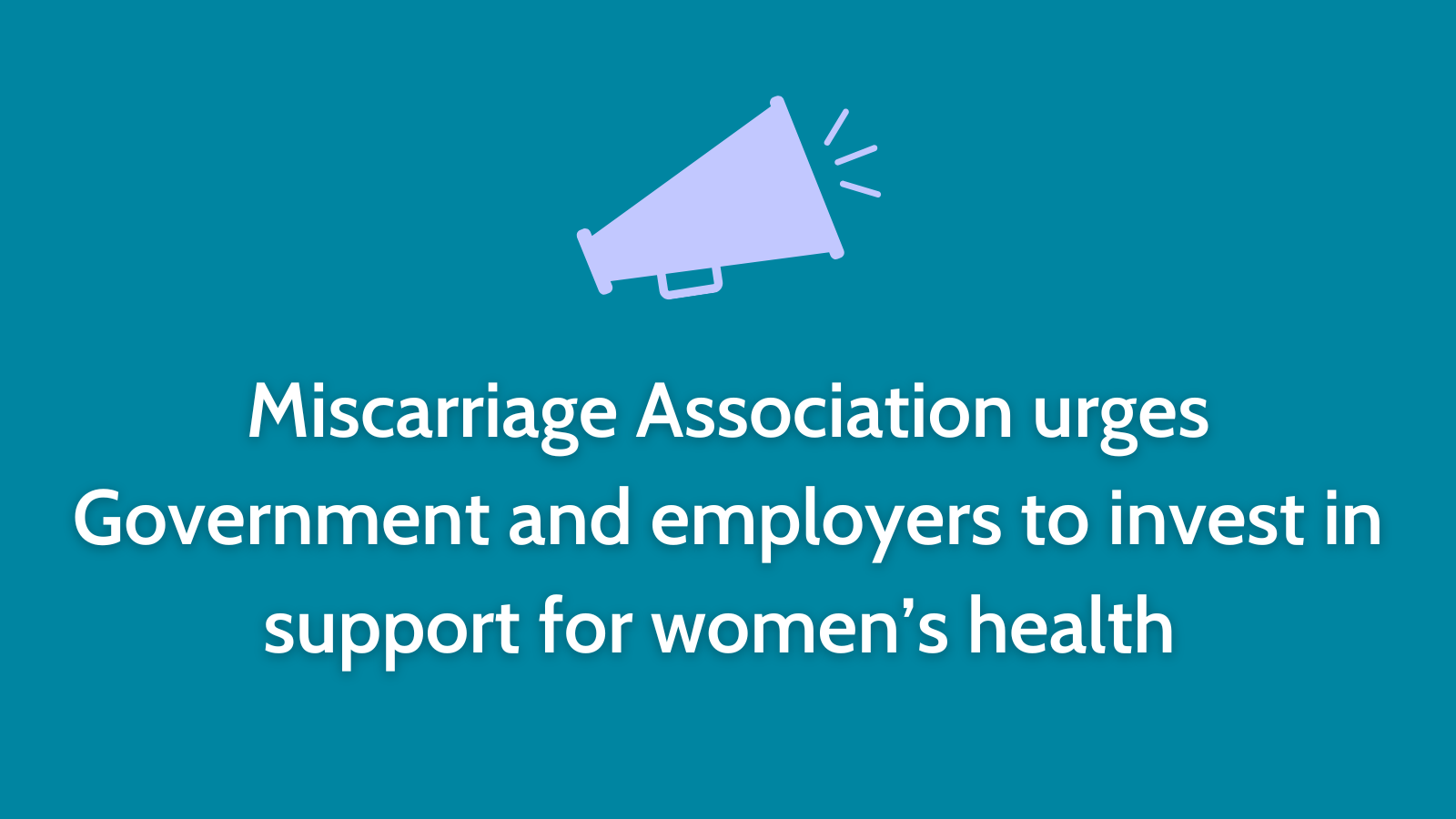Registration of pregnancy loss before 24 weeks’ gestation
4th May 2018
Back in February, we sought your views on the possibility of registering pregnancy losses that happen before 24 weeks’ gestation. We share the results here.
The questions
We carried out an online survey of members, supporters and social media followers over 12 days, seeking views on the proposals in Tim Lougton MP’s Private Members’ Bill* on changing how pregnancy losses may be registered by law.
In it, we asked those with personal experience of miscarriage, ectopic pregnancy or molar pregnancy for their views on whether the law ought to be changed either to allow the registration of pre-24 week pregnancy losses or to require it.
Key findings
- There were 2,586 respondents and 93% of them said that they had experienced pregnancy loss themselves.
- The overwhelming majority, 74%, were in favour of allowing registration of pre-24 week loss (miscarriage, ectopic or molar pregnancy) at any gestation.
- 23% felt this should be an option only from a certain gestation. Those cut-off points varied widely, from 4 to 23 weeks’ gestation, but just under half of this group of people, 11% of all respondents, suggested 12 weeks.
- In summary, amongst our respondents there was overwhelming majority support for allowing registration for pre-24 week pregnancy losses.
It should also be noted that
- a significant minority, 44%, of all respondents were in favour of requiring registration of all pregnancy losses (these clearly included many who also supported allowing registration)
- 27% supported the requirement to register only from a certain gestation. Again those cut-off points varied from 4 to 23 weeks’ gestation, but just under half of this group of people, 12% of all respondents, suggested 12 weeks.
- In summary, amongst our respondents there was not majority support for requiring registration of all pregnancy losses pre-24 weeks.
Qualitative comments
We had 908 responses that gave us more information. The most common of these related to registration as a means of acknowledging their baby’s life, for example:
I have had multiple miscarriages and an ectopic pregnancy. To register anything like this is to show that it happened and it did matter.
I think you should have to register as it gives your baby a footprint on earth. It lets them be recorded and be an official part of their family. It will give families more confidence to speak freely of their loss.
A similar number stressed the importance of this being a personal choice, recognising that what was right for one person wouldn’t be right for another, for example:
I would like it to be personal choice. It would help some people to register but may be harder for others.
Don’t force women to legally enshrine one of the most painful moments of their lives. Give them the option but don’t make it a requirement.
Several people commented that while they supported allowing registration of miscarriage, ectopic or molar pregnancy, they wouldn’t want it themselves.
Our position
The Miscarriage Association broadly supports changing the law to give the option of registering losses that occur before 24 weeks’ gestation, under several conditions.
Please read our full position statement for the key details.
* More information on the Bill and parliamentary debate so far can be found here: https://services.parliament.uk/bills/2017-19/civilpartnershipsmarriagesanddeathsregistrationetc.html

